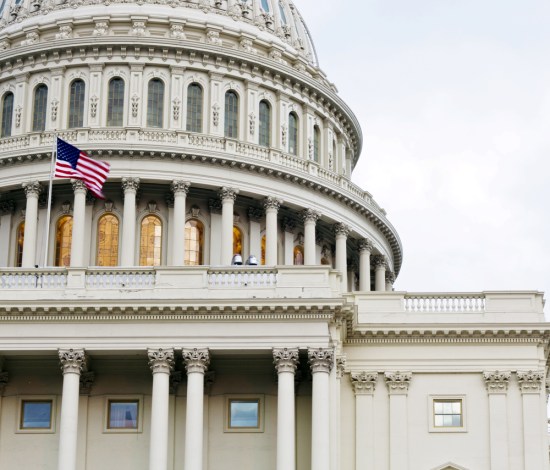House Passes CISPA In Early Vote
While not expect to reach a vote until Friday, CISPA has been passed in the House by a majority of 248-168, not quite enough to override a potential veto. During the proceedings Thursday afternoon, CISPA was amended several times before being passed in the early vote. The bill will now move to the Senate.
The good news is that the Obama Administration did issue a formal veto threat against a non-amended CISPA. The bad news is that CISPA is no longer quite the bill the Obama Administration threatened to veto. In some respects it’s better, in others, it’s worse. Some of the amendments clarified definitions and eliminated the possibility that ToS violations might constitute unauthorized network access, thereby being a “cybersecurity threat.” Troublingly, however, an amendment passed that did not limit, but rather increased the number of acceptable uses for data shared under the act. Those uses now include the prosecution of cyber criminals, protection of individuals and the protection of children. Though ostensibly added with protection in mind, the addition of these three vaguely defined usage could very well make CISPA a more dangerous beast than it was before considering all three highly incentivize the sharing of non-anonymized personal information.
Before it becomes law, CISPA will have to pass through the Senate, and if it is vetoed, it will have to return to the House for a two-thirds majority vote. That said, the danger of CISPA is now more real than ever.
- What CISPA looked like going into this vote
- The Obama Administration also issue an informal, not-quite-veto threat
- The American Library Association hates CISPA, because they’re awesome
Have a tip we should know? [email protected]
